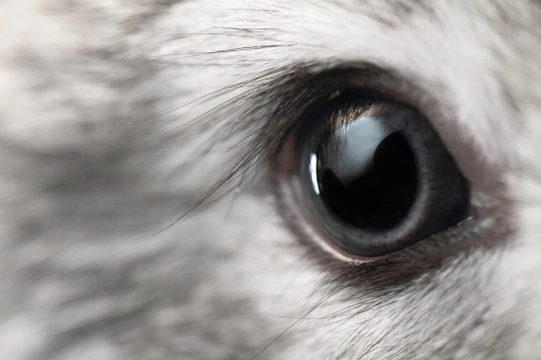
Cataracts in Rabbits: Causes, Symptoms & Care Guide
Many rabbit owners are familiar with conditions like red eye, but cataracts represent another significant eye issue that can impair a rabbit's vision. Cataracts occur when an opaque, cloudy film forms over part or all of a rabbit's eye lens, affecting one or both eyes. While commonly associated with older rabbits, cataracts in rabbits can also be congenital, meaning some are born with this condition. Recognising symptoms early and understanding causes and treatment options can greatly improve your pet’s quality of life.
Recognising Cataracts: Symptoms and Signs
If you notice any cloudiness in your rabbit’s eyes, it's important to seek veterinary advice promptly. A vet can confirm if cataracts are developing or if another condition is present. Common signs include:
- Partial or complete opacity of one or both lenses
- Discharge from one or both eyes
- Swelling of the iris
- White, nodule-like bumps on the iris
Immediate veterinary assessment ensures proper diagnosis and timely care, improving outcomes for your pet.
Types of Cataracts in Rabbits
Cataracts in rabbits can be classified into three main types:
- Immature cataract: Partial cloudiness over the lens
- Mature cataract: Complete lens opacity affecting vision
- Hyper-mature cataract: Advanced stage where the lens changes shape or liquefies, known as lens liquefaction
Understanding the Causes of Cataracts
While many rabbits are born with cataracts, others develop them later due to various causes:
- Genetics and age: Hereditary factors and ageing can contribute
- Infections: Commonly from Encephalitozoon cuniculi, a parasite that can inflame and damage the eye lens
- Trauma or injury: Physical damage to the eye from scratches or bites
- Nutrition: Deficiencies in vitamins A, C, or E increase cataract risk
- Metabolic issues: Elevated blood glucose, such as in diabetes, can trigger cataracts
Sometimes cataracts appear suddenly without an obvious cause, which can be perplexing for owners and vets alike.
Diagnosing Cataracts in Your Rabbit
After observing symptoms, your vet will perform a thorough eye examination and may conduct blood tests and urinalysis to detect infections or systemic diseases. They will also rule out conditions that might mimic cataracts, such as abscesses, abnormal cell growth (neoplasia), or ocular tumours.
Treating Cataracts in Rabbits
Treatment depends on the underlying cause. Surgery to remove cataracts is possible but rare due to complexity and is best performed as early as possible for better prognosis. If an infection like Encephalitozoon cuniculi is involved, appropriate antimicrobial medication may be prescribed. Regular follow-ups are essential to monitor for complications such as glaucoma or retinal detachment.
Managing Life with Cataracts
Post-treatment, close monitoring is critical. Early surgical removal offers the best outlook. However, if surgery isn't an option, managing symptoms and preventing complications like glaucoma is vital. Glaucoma can cause painful eye pressure increases and may ultimately require eye removal if severe.
Preventing Cataracts: What You Can Do
Prevention of cataracts is challenging due to their congenital and spontaneous nature. The best approach is vigilant observation of your rabbit's eyes and seeking veterinary advice promptly upon noticing cloudiness or other visual changes. Maintaining a balanced diet with necessary vitamins and regular health checks can help support overall eye health but cannot guarantee prevention.
Responsible Rabbit Ownership and Eye Health
As a responsible pet owner, recognising eye conditions early and working closely with your vet ensures your rabbit receives the best care. Avoid feeding diets deficient in essential nutrients and maintain hygiene to reduce infection risk. Early intervention prevents complications and helps maintain your rabbit’s comfort and wellbeing.
For those looking to find a rabbit or considering adopting, researching reputable sources and breeders committed to health and welfare standards is essential for preventing inherited conditions like congenital cataracts.



